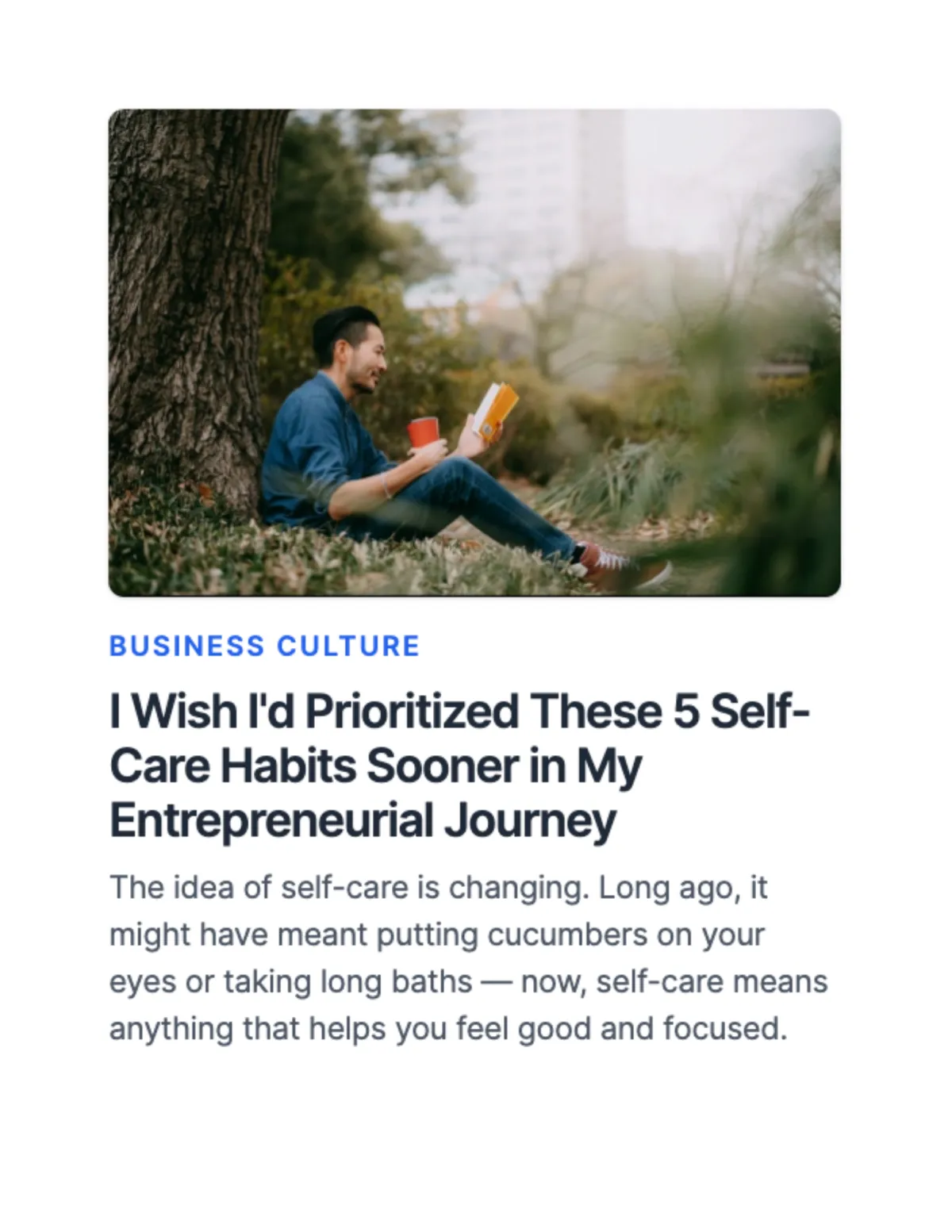Helping Founders Turn Visibility and Trust Into Predictable Revenue Through Authority Marketing and Fractional CMO Support.
If your brand is being seen but not converting, we’ll help you fix that fast—using SEO, PR, and high-converting messaging systems tailored to your market.
Trusted By:



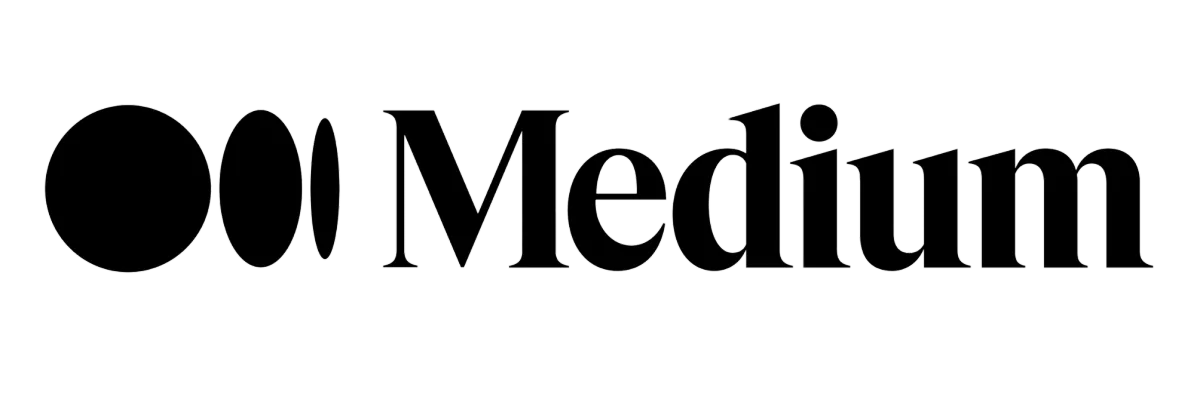
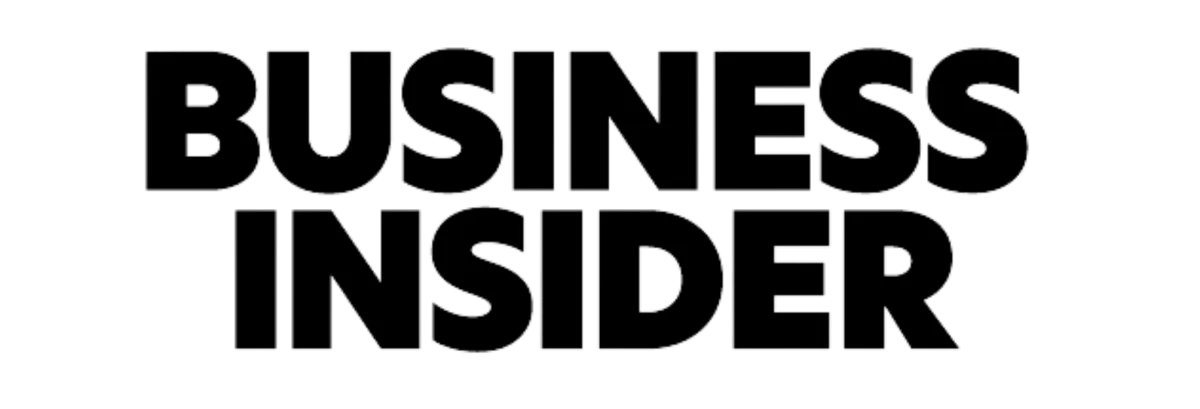
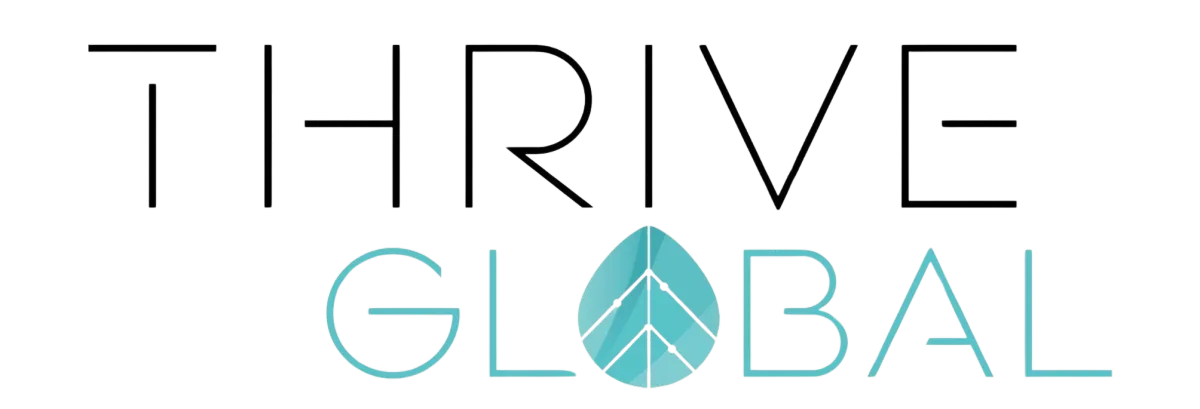




Find out exactly why your site isn’t ranking—and how to fix it fast.
Featured Thought Leader in Entrepreneur Magazine
His Thought Leadership extends to the pages of Entrepreneur Magazine, where he shares high-level insights on business strategy, marketing, leadership, psychology, and personal mastery—helping high-earning men break through limitations and achieve extraordinary success.

Unraveling the Effects of Miscommunication in Relationships
Why Clear Communication is Key to a Thriving Relationship
A healthy relationship needs strong and effective communication. It is what helps partners stay connected and feel understood. Without it, even the best connections can break apart due to misunderstandings.
Effective communication means more than just talking. It is about really understanding what your partner thinks, feels, and needs for better communication. This kind of understanding takes effort. You need to work on your communication skills to learn effective ways to communicate next time you interact with your partner. This includes active listening, showing empathy, and clearly expressing your own feelings. These skills are what help create a strong and satisfying partnership.
Understanding the Root Causes of Miscommunication
Communication issues often come from habits we do not see. A big reason is the lack of communication. When partners avoid hard talks or hide how they feel, it causes anger and confusion.
Poor communication, like interrupting, blaming, or not really listening, can ruin good intentions. Our body language, tone of voice, and non-verbal hints tell a lot. If they don’t match our words, people might misunderstand.
The first step to stop miscommunication is to see these habits. By finding out what causes them, you can face the problems directly and build better ways to communicate.

The Impact of Miscommunication on Trust and Intimacy
Trust and intimacy are key parts of any strong relationship. Miscommunication can damage these essential pieces and cause problems. When partners do not understand each other or feel ignored, it can create anger, insecurity, and emotional distance.
Hidden negative feelings can grow and turn into bigger fights. This makes intimacy hard because it needs a sense of safety and security. Poor communication directly affects relationship satisfaction. Partners start to feel distant and unfulfilled, which can leave them feeling worn out and doubting their bond.
It is very important to prioritize clear, honest, and caring communication. This approach helps build emotional closeness and keeps the connection healthy and satisfying.
Related: How to Rebuild From Rock Bottom
The Effects of Miscommunication in Relationships (And Why It’s So Damaging)
In relationships, miscommunication can really hurt. When family members or partners do not talk well with each other, it can cause misunderstandings and hurt feelings. This can break trust and create conflict. Negative emotions can grow, and it can make problem solving difficult. Partners may feel ignored and unimportant, especially in high-stakes situations, which leads to more stress and unhappiness. In New York, for example, poor communication can damage a healthy relationship. It is very important to work on communication skills to build and keep a strong bond.
How to Improve Your Communication
In relationships, miscommunication can really hurt. When family members or partners do not talk well with each other, it can cause misunderstandings and hurt feelings. This can break trust and create conflict. Negative emotions can grow, and it can make problem solving difficult. Partners may feel ignored and unimportant, especially in high-stakes situations, which leads to more stress and unhappiness. In New York, for example, poor communication can damage a healthy relationship. It is very important to work on communication skills to build and keep a strong bond.
Related: Relationship Communication Workshop
Establish Open Lines of Communication
Building open communication starts by creating a safe space. Both partners should feel free to share their thoughts and feelings without worrying about being judged. It is important to promote respect and understanding. This way, both people can be vulnerable without fear.
Active listening is very important for keeping this open dialogue. It means more than just hearing what your partner says. You should aim to understand their viewpoint and reply in an empathetic and honest way.
Here are some key points for active listening:
Give your full attention to your partner when they talk.
Show you are engaged by using phrases like "I understand" or "Tell me more."
Ask questions to make sure you both understand each other.
Use "I" Statements to Express Yourself
Learning how to express yourself well is very important for healthy communication. A great way to do this is by using "I" statements. This method helps you share your feelings and needs without blaming your partner or making them defensive.
Instead of saying, "You always make me feel…", you can rephrase it using "I" statements. For example, instead of saying, "You never listen to me," you can say, "I feel unheard when I don't feel like I have your full attention."
Here’s why "I" statements are so good:
They help you take responsibility for your feelings.
They stop your partner from feeling attacked or blamed.
They create a more understanding and helpful conversation.
How to Communicate in Relationships Better (And Reduce Conflict)
Practice active listening and show open body language. This helps improve communication in relationships.
Validate your partner's feelings to show you care.
Work together to solve problems. Focus on finding solutions, not placing blame.
Make honest communication a priority. Talk about issues as they come up to stop conflicts from getting worse.
Use healthy communication skills, like "I" statements. Say what you think and feel clearly.
Foster understanding and respect. This can reduce conflicts and create a stronger, happier relationship.
Benefits of Communication in Relationships
Improving communication is a journey that never ends. It is important to make small changes in the way you talk with others every day. Even little adjustments can help your relationships grow.
Begin by taking time for important conversations without distractions. Focus on active listening. Be aware of your tone of voice. Also, pay attention to your body language and eye contact.
Digital Tools That Can Help
In today's world, many digital tools can help improve communication and create healthier relationships. Relationship apps and online platforms give access to many resources. These include guided activities about communication styles and virtual journals for couples.
Technology can boost communication by giving a safe space to talk about tough subjects, fostering positive communication that leads to a successful relationship. It can also help set reminders for important talks or learn new skills together in therapy sessions. For instance, some apps give tailored prompts for couples to talk about. This helps them understand their feelings better and build stronger bonds.
Still, it's important to use these tools carefully. They should not take the place of real face-to-face talks. The aim is to use technology as an extra help, not as a replacement for true human connection.
Exercises for Improving Verbal and Non-Verbal Communication
Improving both verbal communication and nonverbal communication is like tuning a musical instrument. It needs practice and focus. Doing exercises together can change how you connect and understand each other.
Try to copy each other’s body language and facial expressions. This can help you feel more empathy and connection. Also, be mindful of your tone of voice. It can change what you say. Try different ways to show love and appreciation. This can strengthen your emotional bond.
Keep in mind that communication takes effort from both sides. Be open to feedback from your partner. Adjust your communication style based on what they need and want.

The Benefits of Strong Communication in Relationships
The benefits of strong communication go beyond just solving problems. It helps create deeper closeness, respect, and higher marital satisfaction. When partners feel heard and understood, it makes them feel safe and strengthens their bond.
Putting effort into healthy communication skills is important for your relationship's future. It gives you the tools to face challenges together, celebrate successes, and build a shared dream for your future.
Ready to Strengthen Your Bond? Join Our Communication Workshop!
Want to improve your communication skills and have a better, healthy relationship? Join our next communication workshop! This fun workshop will give you useful tools and tips to strengthen your bond and connect better with your partner. Don’t miss this chance to invest in your relationship's future.
Related: Relationship Communication Workshop
Frequently Asked Questions
What are the signs of miscommunication in a relationship?
Signs of miscommunication can show up in different ways. You might have frequent arguments. You may feel misunderstood at times. People can experience constant hurt feelings. You may notice differences between what people say and their body language. There can also be a growing lack of trust.
How can technology affect communication between partners?
Technology gives us useful ways to communicate. However, spending too much time on screens can hurt effective communication. It can distract you from your partner’s feelings. This distraction can lead to negative feelings growing over time.
What to do when communication breakdown seems irreversible?
If a communication breakdown feels like it cannot be fixed, getting help from a professional through couples therapy can be very helpful. A therapist can assist with problem-solving. They can also help couples work on restoring open communication.
THE JOURNEY: FROM ENTREPRENEUR TO INDUSTRY LEADER

The Protein Co.
(San Diego Protein Company)
Before his tenure at The Idea Collective, Joey founded The Protein Co. in 2014, a health food company that revolutionized the market with its innovative gluten-free, vegan, and no-sugar-added Protein Donuts. From startup to acquisition in 2018, his entrepreneurial journey was marked by strategic innovation and market disruption, a story he shares in his most recent book (available on Amazon)—detailing the lessons, struggles, and victories along the way.
The Idea Collective / Thought Leader
As the CMO of The Idea Collective (now Thought Leader), Joey leveraged his entrepreneurial skills to make an impact in the consulting industry. Under his leadership, the company experienced significant growth and helped over 250 individuals earn a spot on the prestigious TEDx stage. His expertise in brand positioning, authority building, and storytelling made him a sought-after strategist for industry leaders looking to take their message to a global audience.
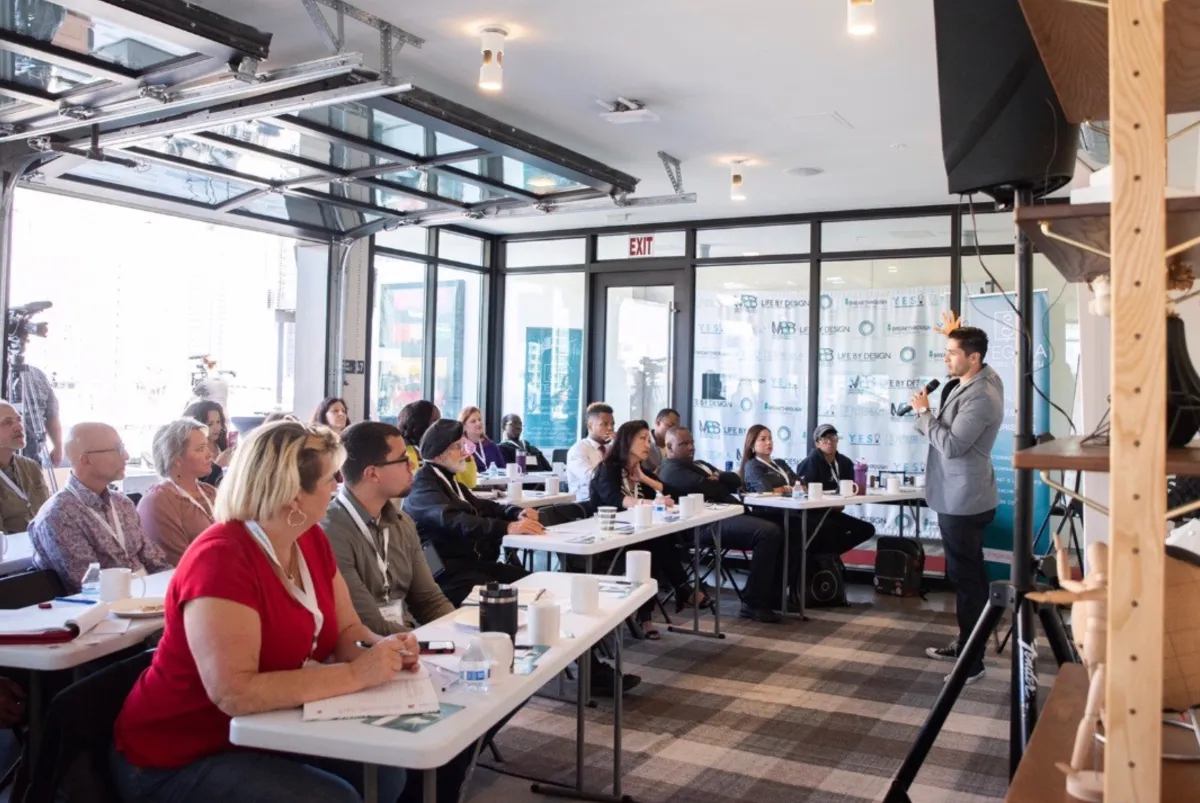
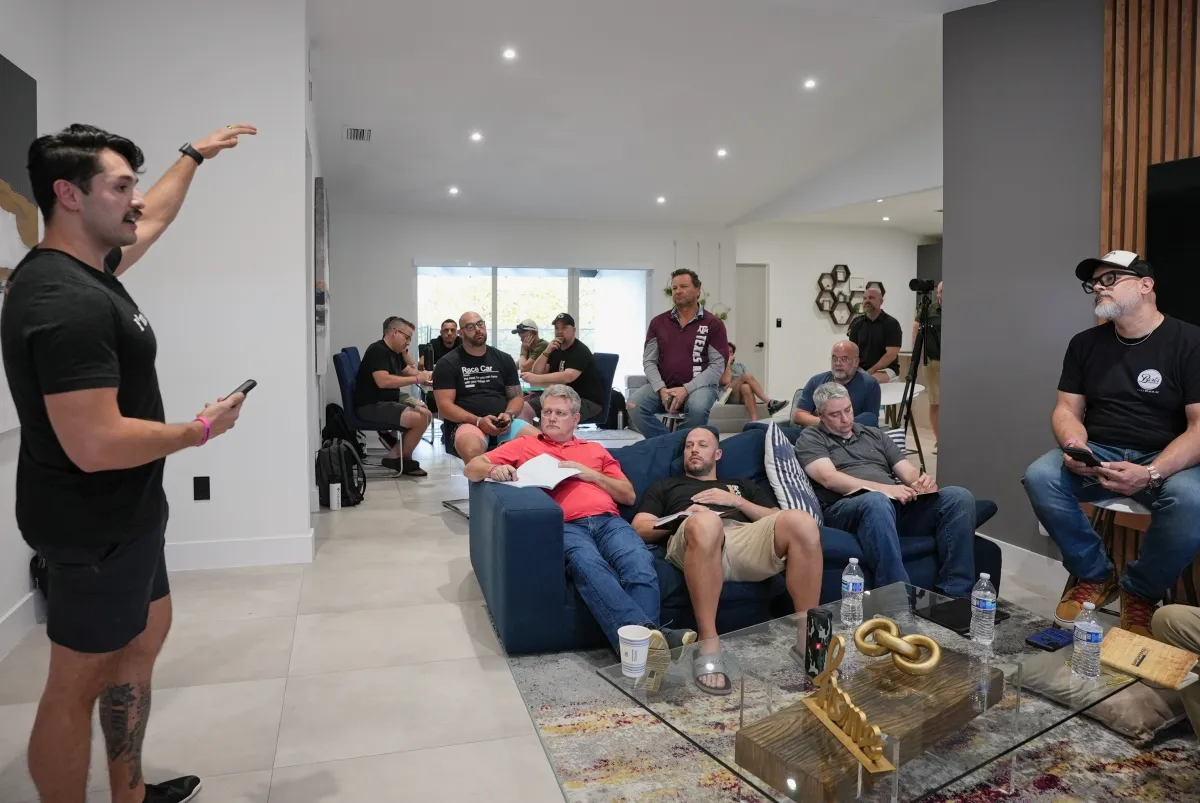
Empowered Man
Joey then joined Empowered Man as the Client Success Director from 2020 to 2023, where he helped over 650 men become better fathers, husbands, and leaders. The program was dedicated to personal growth, improved communication, and strong leadership for men navigating divorce and relationship struggles—saving marriages and transforming families in the process. But Joey knew his work wasn’t finished. He saw a bigger mission—to create a complete transformation system for men, built on behavioral psychology, leadership, and real-world strategies that WORK. That’s when Modern Man Brotherhood & Marriage Breakthrough Method™ was born.
Discover the Proven System That Has Helped 1,100+ Men Take Back Control of Their Relationships and Masculine Leadership
INTRODUCING THE MARRIAGE BREAKTHROUGH METHOD™ MOBILE APP

A step-by-step, proven framework designed for high-achieving men who refuse to settle for mediocrity in their relationships and lives.
This isn’t just about saving your marriage .
It’s about transforming YOU into the kind of man who naturally inspires respect, attraction, and deep connection.
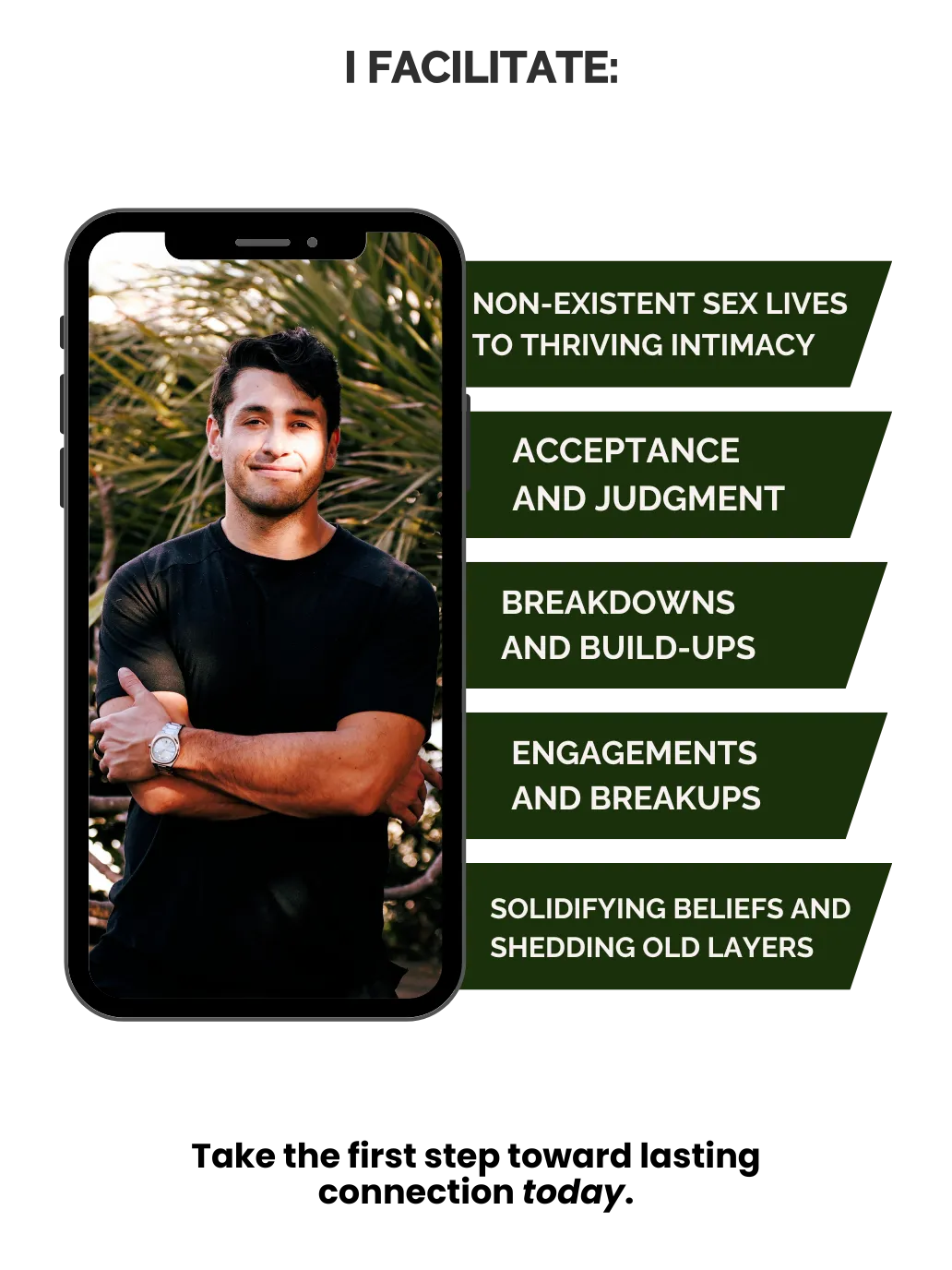
Your career shouldn’t cost you your marriage.
Learn the secrets to having both.

WARNING: Side Effects of Joining This Newsletter Include ...
Laughing at jokes sharper than a dad’s comeback
Re-thinking your relationship and business game entirely
You might even look forward to your inbox (weird, right?)
I Consent to Receive SMS Notifications, Alerts & Occasional Marketing Communication from company. Message frequency varies. Message & data rates may apply. Text HELP to (619)-257-5376 for assistance. You can reply STOP to unsubscribe at any time.
TESTIMONIALS
What others are saying
"I didn’t save my marriage—I rebuilt myself. I’m an entirely new me!"
"A man without direction is like a car without a steering wheel—just drifting. The moment you take ownership of yourself, your emotions, and your leadership, that’s when everything changes. Fill your bucket first, then lead with strength."
- Rob E

"For the first time in a long time, I feel like I’m finally in control—I can breathe again."
"Before you can lead your family, you have to lead yourself. A man running on empty can’t pour into others. Fill your own bucket first—because when you do, you don’t just survive… you lead with strength, clarity, and purpose."
- Brodie L

This space is different because you’re not juggling life while trying to grow—you’re here, fully engaged."
"Transformation doesn’t happen when you’re half in, half out. You have to be fully present, fully committed. No distractions, no ‘video off’—just you, showing up and doing the work."
- Mike & Thuy S.

"I came in lost, ready to walk away. I left with clarity, direction, and a fire to lead."
"Sometimes, you hit a point where you’re ready to throw in the towel—but that’s exactly when the breakthrough happens. This wasn’t just a last-ditch effort; it was the moment everything changed. You don’t just survive… you reclaim your life."
- Matt W.






